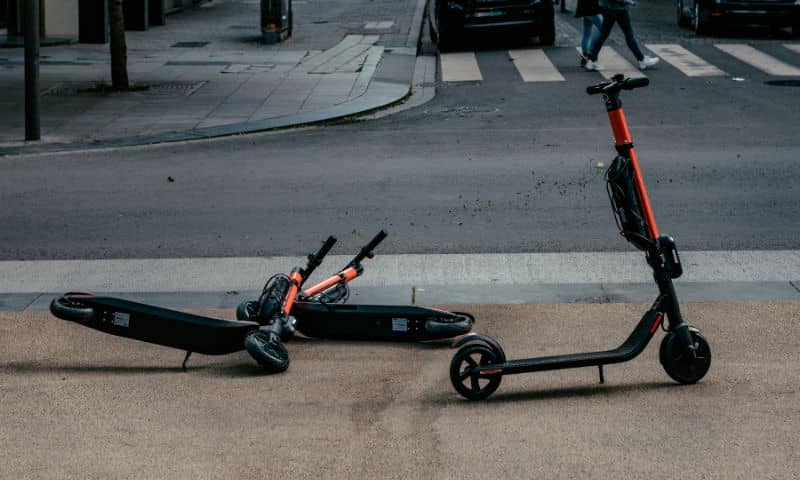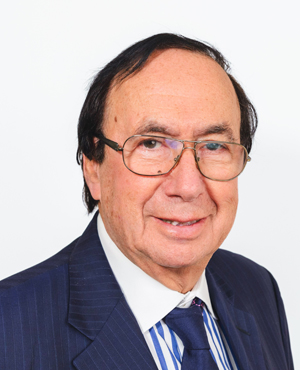What Are Your Legal Options After an Electric Scooter Injury?

Electric scooters, or e-scooters, have taken the world by storm, offering a convenient and eco-friendly mode of transportation. However, as their popularity has soared, so too have the number of injuries.
If you’ve been hurt while riding an e-scooter, you may be feeling overwhelmed and unsure of where to turn. While e-scooter laws are still a bit of a gray area, you may be able to pursue compensation if someone else’s negligence caused your scooter crash injuries.
This blog post will break down your rights after an electric scooter accident in New York and explain the personal injury claims process.
Why E-Scooter Injuries Happen
While rider error and road hazards can play a role, many serious e-scooter accident injuries are caused by product defects or malfunctions with the scooters themselves, like:
- Software Glitches — E-scooter software issues can lead to dangerous mid-ride malfunctions like the motor abruptly stopping without warning and throwing the rider off balance.
- Mechanical Failures — Defective or poorly manufactured parts like brakes, motors, tires, and handlebars increase accident risks. Equipment failures make it nearly impossible for riders to control the scooters.
- Design Flaws — Some e-scooter designs prioritize lightness/portability over stability and safety features. This can make the scooters prone to tipping or losing tire traction.
- Lack of Safety Standards — With e-scooters being a relatively new product, there are fewer federal safety regulations compared to cars/motorcycles. This allows some shoddy models on the roads.
When product defects, not rider negligence, cause an e-scooter crash – the companies who released those dangerous products should be held liable through product liability lawsuits.
Proving Liability in E-Scooter Injury Cases
In the aftermath of an e-scooter accident, determining liability can be a complex endeavor, particularly given New York’s comparative negligence statutes. Potentially liable parties may include the e-scooter company, the riders themselves, pedestrians, drivers of other vehicles, and even local authorities responsible for maintaining safe roads and infrastructure.
Establishing Negligence in E-Scooter Injury Cases
To hold a party liable, you’ll need to establish four key elements: duty of care, breach of duty, causation, and damages.
- Duty of Care: Every party involved in an e-scooter accident has a legal obligation to act reasonably and take precautions to prevent harm to others.
- Breach of Duty: If a party fails to uphold their duty of care, they’ve breached their duty. For example, a rider who disregards traffic signals or a motorist who fails to yield to an e-scooter rider has breached their duty.
- Causation: The breach of duty must be directly linked to the injuries sustained. For example, if a rider was injured due to a pothole that Brooklyn neglected to repair, causal links that imply that the city was negligent can be established.
- Damages: Finally, you must have suffered quantifiable damages, such as medical expenses, lost wages, pain and suffering, or emotional distress.
Pursuing Legal Action After an E-Scooter Injury
If you’ve been injured in an e-scooter accident, seeking medical attention should be your top priority. Once your immediate health concerns have been addressed, it’s crucial to document the incident thoroughly. Take photos, collect witness statements, and obtain a copy of the police report if one was filed.
In New York State, you generally have three years from the date of the accident to file a personal injury claim. But act quickly — evidence can become increasingly difficult to gather over time.
Potential Compensation for E-Scooter Injury Victims
If your case is successful, you may be entitled to various forms of compensation. Economic damages can cover your:
- Medical bills
- Lost wages
- Future loss of earning potential
- Pain and suffering or emotional distress
In cases of intentional or grossly negligent conduct, punitive damages may be awarded to punish the liable party and deter similar behavior in the future.
Frequently Asked Questions
Are electric scooter riders considered pedestrians or vehicle operators under New York law?
In New York, electric scooter riders are generally considered pedestrians, meaning they have the same rights and responsibilities as pedestrians on sidewalks and crosswalks. However, when operating on the road, they may be subject to the same laws and regulations as bicyclists.
Can I sue an electric scooter company for my injuries in New York?
Yes, you may be able to sue an electric scooter company for your injuries in New York if the injuries were caused by a defective scooter or the company’s negligence. Product liability and comparative negligence laws in New York allow injured parties to seek compensation from companies that fail to ensure the safety of their products or services.
What is the statute of limitations for filing an electric scooter injury lawsuit in New York?
In New York, the statute of limitations for filing a personal injury lawsuit related to an electric scooter accident is generally three years from the date of the injury. However, there are exceptions and variations depending on the specific circumstances, so it’s best to consult with a personal injury attorney as soon as possible.
Advocates for Your Rights and Compensation
E-scooter injuries can have devastating consequences, both physically and financially. If you or a loved one has been hurt in an e-scooter accident, you deserve dedicated legal representation to protect your rights and secure the compensation you need to heal and move forward.
At Held, Held & Held, we handled dozens of e-scooter injury cases and have a proven track record of success. Our team can build a strong case on your behalf, exploring every avenue for holding negligent parties accountable.
Take the first step towards justice by contacting us today. Together, we’ll ensure your voice is heard and your rights are protected every step of the way.



